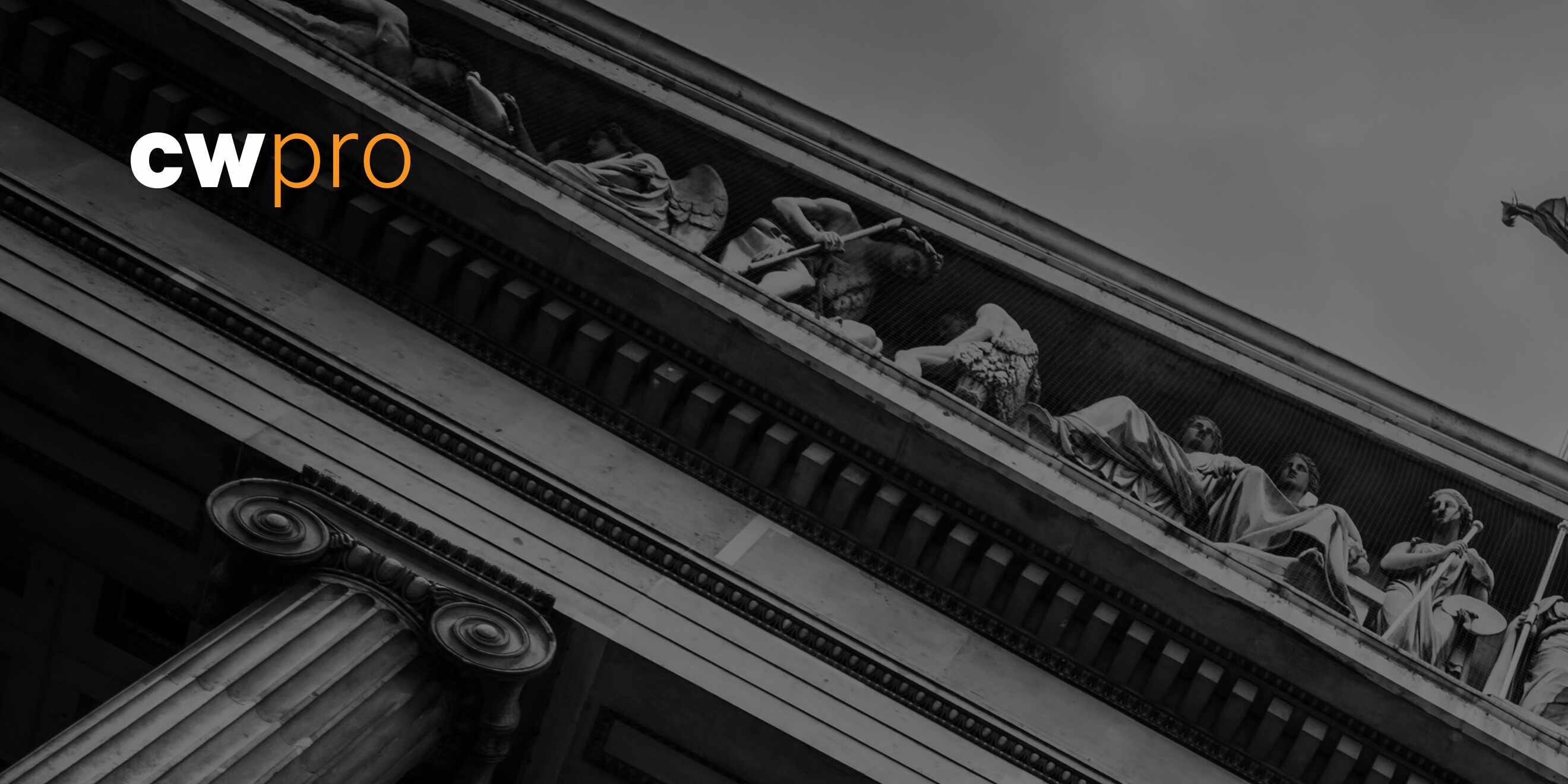At a glance.
- Cybercriminals get creative to get their hands on Chinese data.
- Utah governor bans TikTok on state devices.
- CYBERCOM J8 relieved of his duties.
- OECD finalizes guidelines for government access to personal data.
- Effect of data on Federal agencies' policies.
Cybercriminals get creative to get their hands on Chinese data.
Insikt Group, the threat research division of US cybersecurity firm Recorded Future, has released a report that shows that the Chinese government’s passage of ever-tighter cybersecurity laws has actually led to an increase in cybercrime. Recent legislation like the China’s Personal Information Protection Law (PIPL) and Data Security Law (DSL) have led to a ban on cryptocurrency trading, stricter banking regulations, and a CRACKDOWN on telecom and online fraud, the goal being to make it more difficult for cybercriminals to operate in China. Nonetheless, Chinese data is still surfacing on underground marketplaces, as the rules have simply forced threat actors to get more creative. As the report explains, “cybercriminals have moved their operations abroad and devised novel ways to weaponize PII data to perpetrate fraudulent activities.” Furthermore, the study finds that China’s dependence on big data to drive its economy has given cybercriminals an even larger attack surface. As TelecomTV notes, the big data industry had an average compound annual growth rate of over 30% from 2016 to 2020, and the report comes just weeks after China’s State Council announced that the country is to establish a national integrated government big data system.. The report concludes, “More resourceful threat actors will move their cyber operations abroad or focus more on foreign data/access to diversity their portfolio, recruiting foreign cybercriminals to participate in cyberattacks against global entities.”
Utah governor bans TikTok on state devices.
Following in the footsteps of Maryland and Texas, Utah has become the latest US state to ban Chinese-owned video-sharing app TikTok on state-owned devices. Governor Spencer Cox stated, "China's access to data collected by TikTok presents a threat to our cybersecurity. As a result, we've deleted our TikTok account and ordered the same on all state-owned devices. We must protect Utahns and make sure that the people of Utah can trust the state’s security systems.” The governor’s executive order applies to all Utah executive branch agencies and covers state-issued electronic devices including phones, laptops, and tablets. There has been a recent wave of such state-level bans, but Cybersecurity expert James A. Lewis, a senior vice president at Washington, DC think tank Center for Strategic and International Studies, told Axios that governors might be misguided, and that banning TikTok on government-issued devices, "doesn't actually improve cybersecurity that much.” TikTok spokesperson Jamal Brown stated, "We are happy to continue having constructive meetings with state policymakers to discuss our privacy and security practices. We are disappointed that many state agencies, offices ... will no longer be able to use TikTok to build communities and connect with constituents."
CYBERCOM J8 relieved of his duties.
Army Times reports that one-star Army general Brigadier General Christopher Reid, who was serving as head of the J8 staff element at US Cyber Command (CYBERCOM), was removed from his post in September. As J8, Reid oversaw CYBERCOM’s planning for resource allocation, force structure, and capability development. A CYBERCOM spokesperson said Reid was relieved of his duties and reassigned because the commands’ leader General Paul Nakasone, “lost confidence” in Reid’s “ability to continue to perform his duties.” The command is working on nominating a new J8 director.
OECD finalizes guidelines for government access to personal data.
The thirty-seven member states of the Organization for Economic Cooperation and Development (OECD) are meeting today to finalize a first-of-its-kind framework on how governments access citizens’ personal data. The product of approximately two years of negotiations among the members of the Paris-based group (which includes mostly wealthy countries like the US, UK, Japan, Canada, and EU nations), the plan’s goal is to provide guidelines for the complex issue of cross-border surveillance. The Wall Street Journal explains that the nonbinding framework includes seven principles guiding how governments, intelligence agencies, and law enforcement should access personal data held by companies in the private sector. Alexandre Roure, director of public policy in the Brussels office of tech lobby group Computer and Communications Industry Association, said, “Over time we’re seeing an increased complexity of data-transfer rules and how you as a company are supposed to protect data traveling overseas.” Audrey Plonk, head of the OECD’s digital economy policy division, stated, “The world has changed, the relationship between people and their data has changed, the value of data to governments has changed…We hope this can help whoever is making decisions make good decisions around data flows.”
Effect of data on Federal agencies' policies.
A survey commissioned by Splunk has found that 63% of public sector organizations “struggle with leveraging data to detect and prevent threats,” compared to 49% of private sector entities. The survey concludes that these difficulties of analyzing data “directly impact partnerships between the public and private sectors and their ability to share intelligence:"
“The survey found two-thirds (66%) of public sector agencies have difficulties leveraging data to mitigate and recover from cybersecurity incidents and half (52%) of the sector have issues leveraging data to inform cybersecurity decisions. This visibility challenge was also relatively high within the private sector, sharing a similar majority opinion (56% and 50%), showcasing consistency across industries. Another area of concern, both private and public sector respondents noted disparate data sets inhibit agility and real-time response to security events (84% private sector and 56% of public sector).”
Despite the disparity in leveraging data for security, the survey found that public and private sector organizations have very similar priorities for cybersecurity. The top three cybersecurity priorities for both sectors are “improving threat response/remediation capabilities,” “improving detection of emerging threats (e.g., ransomware),” and “improving user security awareness.”
